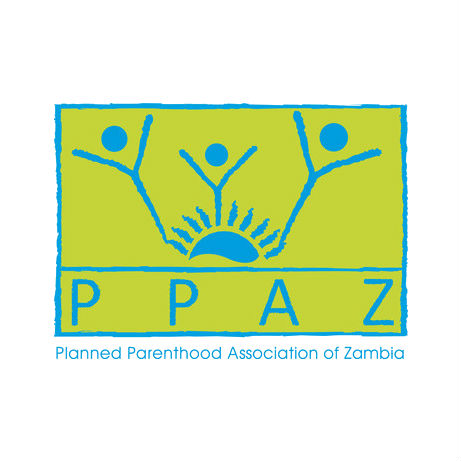

| 31 March 2016
New Zealand Family Planning
New Zealand Family Planning (NZFP) runs 30 permanent clinics and 30 mobile facilities which offer a range of sexual and reproductive health services, including contraceptive advice and prescriptions, testing and treatment of sexually transmitted infections (STIs) including HIV, pregnancy testing and advice, and cervical screening. NZFP also runs schools-based clinics, predominantly in high needs areas, and its health promoters operate at 15 locations across the country. The health promoters work with schools, parents, and caregivers to lead courses on sexual and reproductive health (SRH). Some of this work extends into prisons and marae (Maori meeting places). Since sexuality education became compulsory in New Zealand secondary schools in 2001, NZFP has been closely involved in running courses, and in training staff to deliver effective SRH lessons. The organization plays a key role in advocating at national and international level for legislative change to promote the right to control SRH as a fundamental human right. It is a particularly active participant in the New Zealand Parliamentarians Group on Population and Development, where the organization’s expertise in delivering services to answer people’s SRH needs provides a practical grounding for policy improvements. Contacts Website: www.familyplanning.org.nz Facebook: https://www.facebook.com/familyplanningnz

| 31 March 2016
Planned Parenthood Association of Zambia
The Planned Parenthood Association of Zambia (PPAZ) was created in 1972. Then, it was dedicated to the promotion of family planning services. Over the years, it has evolved into a major service provider and advocacy body, with significant input into government policy on sexual and reproductive health (SRH) issues. Services offered include family planning, voluntary counselling and testing (VCT) for HIV, the treatment of sexually transmitted infections (STIs), antenatal and post-natal care, emergency contraceptive provision, laboratory tests, and screening. PPAZ refers clients on for additional services including prevention of mother-to-child transmission (PMTCT), antiretroviral treatment and home-based care. The organization operates 3 static clinics, 11 mobile units and 10 community-based services (CBSs). It has a full-time staff of 34, backed by 1,300 volunteers which include over 200 community-based distributors (CBDs) and 398 peer educators. In total, PPAZ runs 229 service points. PPAZ places a strong emphasis on HIV and AIDS prevention and treatment: as the statistics show, HIV prevalence rates are exceptionally high in Zambia. PPAZ has worked intensively on integrating gender and empowerment perspectives into HIV prevention. It has undertaken behaviour change communication projects directed at young people, both in and out of school settings, and it’s taken similar projects out to rural communities. PPAZ partners extensively with non-governmental organizations (NGOs), particularly those involved in youth and HIV and AIDS work. It receives financial support from Care international, UNICEF, the Japanese Organisation for Cooperation in Family Planning (JOICEP), Forum RFSU and IPPF’s Japan Trust Fund. Contacts Website: www.ppaz.org.zm Facebook: https://www.facebook.com/groups/137992098191/







